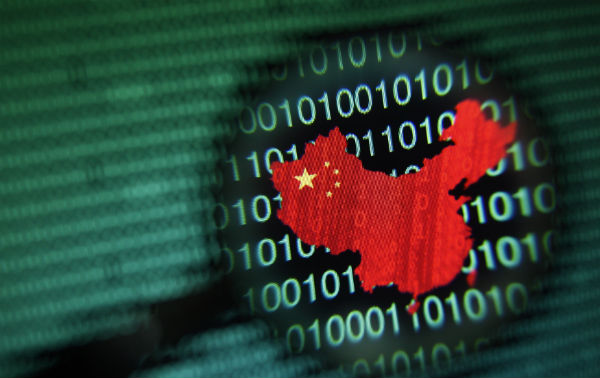Well, it’s not a big surprise that following a massive launch of the iPhone 6 in China that there’s been a little bit of a problem between Apple’s iCloud and Chinese hackers. The device was released in China en masse last week.
It’s not clear who orchestrated the attack on iCloud, with Great Fire, an organisation that chronicles internet censorship in China, claiming that the attack was a ‘man in the middle attack’, where a middleman intercepts and relays messages to their original hosts who never suspect that the information has been intercepted.
The information the hackers attempted to steal was iCloud data – Great Fire claims a trap was set on the login page to snare user details, as well as messages, photos and contacts on the sly. Sneaky.
SEE ALSO: PC Accessory Maker Razer Now Worth $1Bil.
There is no confirmation as of yet whether this was the Chinese government, or if it was even a Chinese hacker who set the trap. Indeed, whoever did orchestrate the attack must have enough knowledge to bypass Apple’s recently improved security, the same security encryption which have frustrated the FBI in America.
Great Fire believes that this attack was the Chinese government, or authorities under their control, stating on their site that “this attack may indicate that there is at least some conflict between the Chinese authorities and Apple over some of the features on the new phone.”
It’s not the first time that China has experiences Apple products being targeted by hackers. Earlier in the month Hong Kong Apple users were hit by a sophisticated iOS malware program, which targeted unlocked iPhones in the city state, coinciding with Hong Kong protests against Chinese meddling with their democratic process.
Additionally, a number of websites supporting Hong Kong’s democratic desires were attacked in the middle of the protests. China clearly does have the ability to orchestrate cyber warfare on any and all whom it deems to be a threat or a source of personal information.
Instagram.com was also recently blocked in the country, following images of peaceful Hong Kong protests sweeping through the service. China does not want it’s citizens following suit, evoking similar feelings to the crackdown on the Tiananmen Square protests decades ago.
SEE ALSO: Octo-Core Alcatel Phone Coming At Just £250
For a country that claims to be for its people China does seem to put a lot of effort into suppressing the internet and freedom of information exchange. A massive proportion of the wider internet is blocked by the country’s ‘Great Firewall of China’ and the chances of communicating with Chinese nationals in their home country via western web channels is slim to none.
If anything, these attacks, and the ones before, are yet more evidence of suppression of the Chinese people by any means necessary, by a government whose earlier Communist ideals of self determination have now been thoroughly disbanded and exchanged for totalitarian methods of social control.
But what can you do? China is on the rise, its superpower status is almost fully confirmed as the country’s wealth increases by the day. Western businesses such as Apple can only look on, and tread carefully, when confronted with these seemingly unavoidable hacking attacks.
Source: Great Fire
Via: TechCrunch


